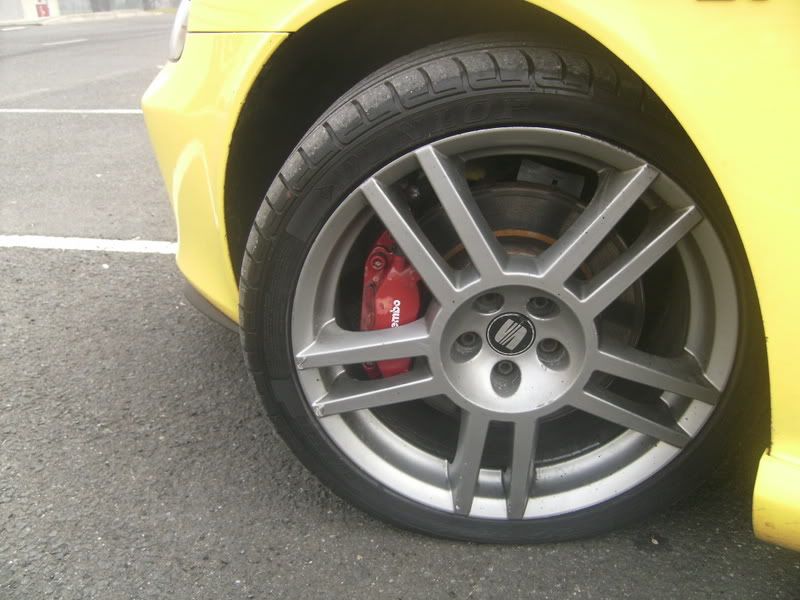Some bloke on another forum has just bought some 10pots for his 300bhp golf. He thinks that they will make his braking super awesome compared to puny 6pots etc..
Can someone explain why this is wrong?
From what common sense tells me it's a hatchback, it's light therefore the braking effort will far exceed the friction from the tyres on the road..
I know loads of other factors such as ABS, suspension, tyre width come in to it too but the point is 10pots are not necessary for a hatchback are they?
The only reason I can think they may be useful is slowing from mega speeds but even still 10pots would exceed the friction capacity of the tyres on the road and it would be efficiently slowed down by the ABS anyway wouldn't it?
Can someone explain why this is wrong?
From what common sense tells me it's a hatchback, it's light therefore the braking effort will far exceed the friction from the tyres on the road..
I know loads of other factors such as ABS, suspension, tyre width come in to it too but the point is 10pots are not necessary for a hatchback are they?

The only reason I can think they may be useful is slowing from mega speeds but even still 10pots would exceed the friction capacity of the tyres on the road and it would be efficiently slowed down by the ABS anyway wouldn't it?


 , how much would they set you back?
, how much would they set you back?

